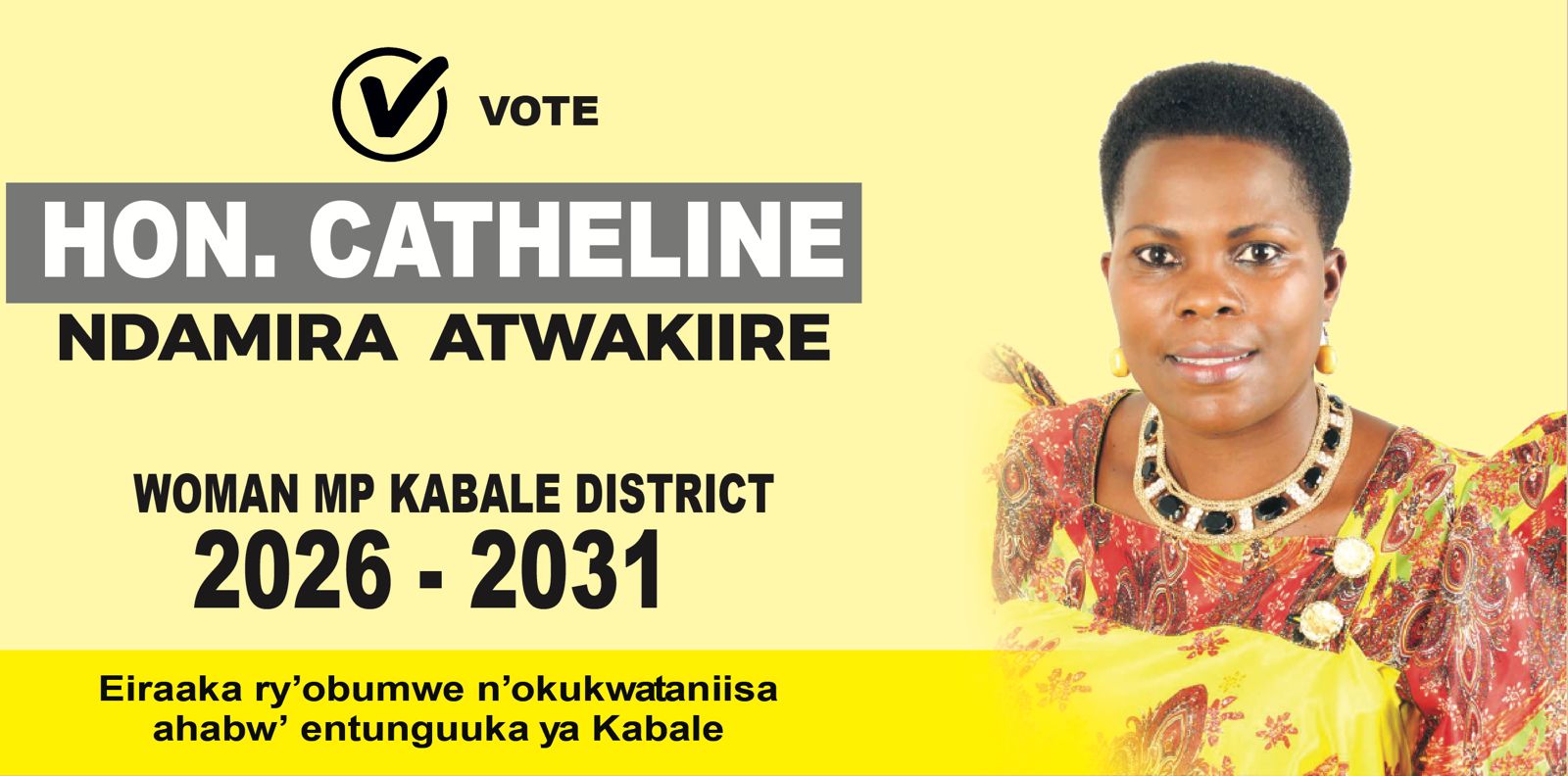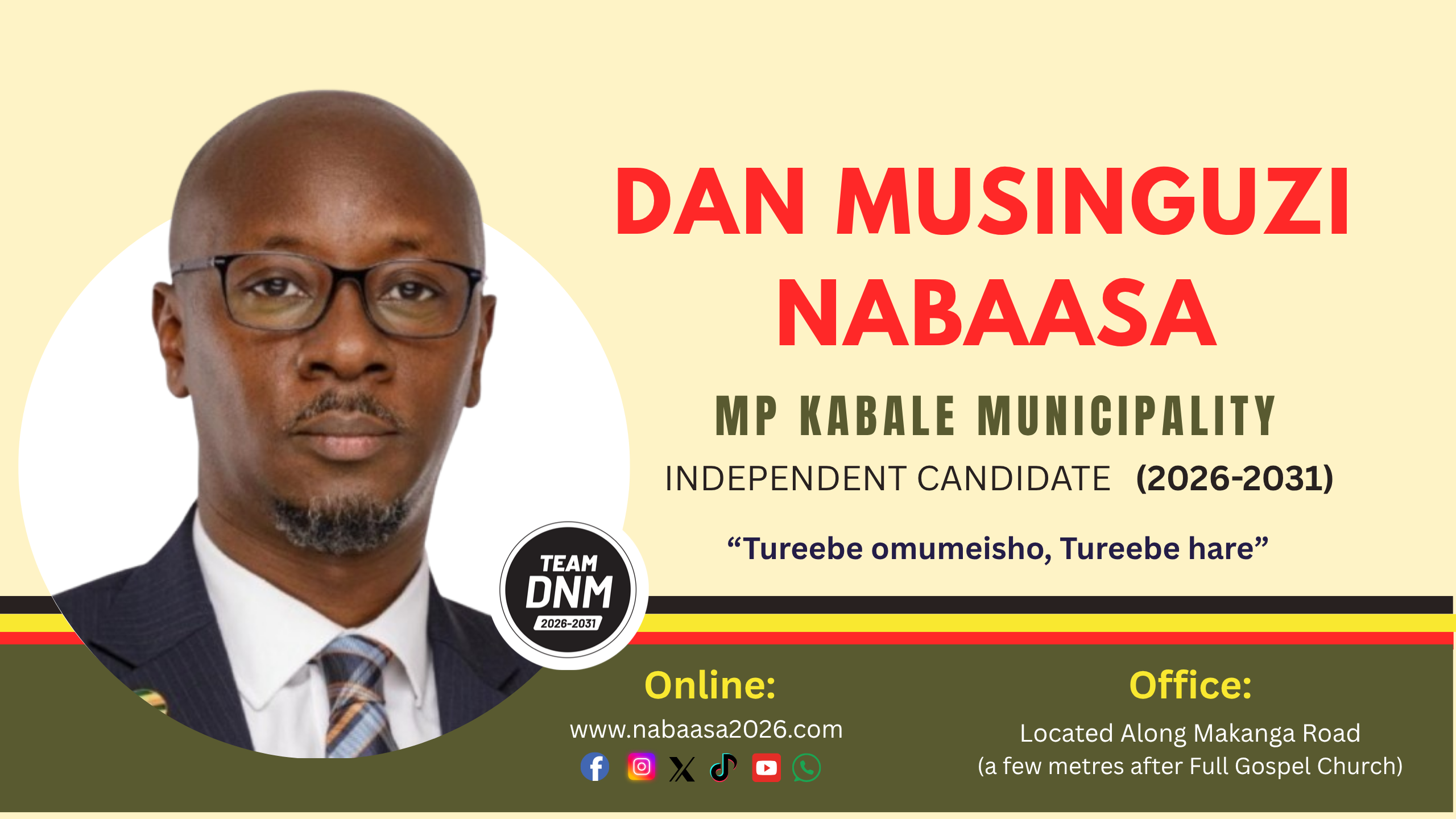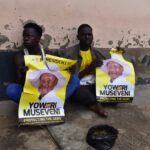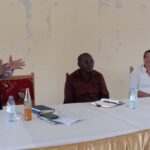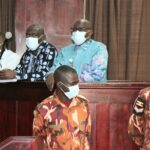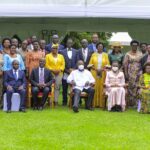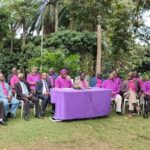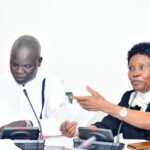
For decades, Africa’s health sector has remained heavily dependent on imported medicines, a legacy of colonial influence that has crippled innovation and created a culture of medical dependency. Many Africans with potential remedies for diseases have operated in the shadows, burdened by an inferiority complex and a lack of institutional support.
In Uganda, for instance, innovators such as Mr Ssenfuka, Director of Leonia Medical Research and Diagnostic Centre, renowned for developing herbal treatments for diabetes and cancer, have made remarkable progress. Yet, due to limited goodwill and recognition, their breakthroughs have struggled to gain mainstream support.
However, this could soon change. President Yoweri Kaguta Museveni recently announced that Ugandan scientists have made major strides in developing drugs that could potentially cure diabetes, cancer, and malaria. This revelation marks a historic milestone not only for Uganda but also for the entire African continent. It signals the dawn of a new era where Africa takes charge of its health independence through biotechnology and innovation.
The Cost of Medical Dependency
Africa spends an estimated $14 billion annually on importing medicines, with about 90% of its drugs sourced from outside the continent. This enormous financial outflow continues to drain national treasuries and weaken local economies.
President Museveni has long urged Africans to harness their resources for self-reliance. “A country like Uganda has a lot of natural resources, but the problem is that the population didn’t know how to use them,” he once remarked. His consistent advocacy for science-driven development is now bearing fruit.
Building a Knowledge Economy
Under the NRM government, Uganda has steadily advanced toward a knowledge-based economy. The establishment of state-of-the-art facilities such as Piston Medical Centre in Namanve and Dei Biopharmaceuticals Ltd in Matugga demonstrates this progress.
Dei Biopharma, led by Mr. Mathias Magoola, has achieved a United States patent for cancer research and is pioneering the production of mRNA vaccines in Uganda. Their efforts were recently recognized by Public Opinions International for their outstanding contribution to national healthcare development.
Other Ugandan innovators making significant contributions include Dr. Ssenjobe Richard of Biva Organic, Nana Herbal, and Jena Herbal, which gained prominence during the COVID-19 pandemic. Additionally, Mahathi Medical Industries Ltd became the first company in East Africa to manufacture medical devices such as syringes, while East African Medical Vitals, owned by Ben Kavuya, produces essential medical consumables.
These achievements reflect a growing ecosystem of innovation that positions Uganda as a leader in Africa’s health transformation.
Defying Doubt and Building Confidence
President Museveni’s commitment to supporting homegrown biotechnology, such as Dei Biopharma, was initially met with skepticism. Yet, his persistence has paid off. The company now employs hundreds of Ugandans and produces vital medicines for infectious diseases—proof that local innovation can thrive with the right support.
A Vision Rooted in Self-Reliance
In his book The Mustard Seed, President Museveni warns against the dangers of economic imperialism and unbalanced foreign capital that drains African wealth. His lifelong mission—from transforming the nomadic communities of Ankole to fostering modern scientific enterprise—has been to restore Africa’s dignity through self-reliance and innovation.
The recent breakthroughs in medical research embody that vision. By investing in biotechnology, Uganda is not only addressing its health challenges but also reducing dependency on imported drugs and retaining much-needed revenue within Africa.
A Catalyst for Jobs and Growth
Developing a robust pharmaceutical manufacturing sector will create thousands of jobs for scientists, researchers, engineers, technicians, and accountants. It will also stimulate secondary sectors such as transport, security, and logistics, creating a powerful multiplier effect in the economy.
Conclusion
President Museveni’s unwavering belief in African potential places him among the continent’s great liberators. While Nkrumah, Lumumba, Ben Bella, and Mandela fought for political freedom, Museveni’s struggle has focused on scientific, technological, and economic liberation, a mission deeply relevant to Africa’s 21st-century challenges.
As Uganda stands on the verge of medical independence, citizens must protect and build on these gains. Supporting President Museveni’s vision in 2026 is not merely a political choice, it is an investment in Africa’s future.
Long live Hajjat Uzeiye Namyalo, SPA/PA and Manager ONC.
The Writer, Ben Ssebuguzi is the Head of Research, Office of the National Chairman (ONC).
The Source Reports.
We come to you.
Want to send us a story or have an opinion to share? Send an email to [email protected] or WhatsApp on +256742996036.
